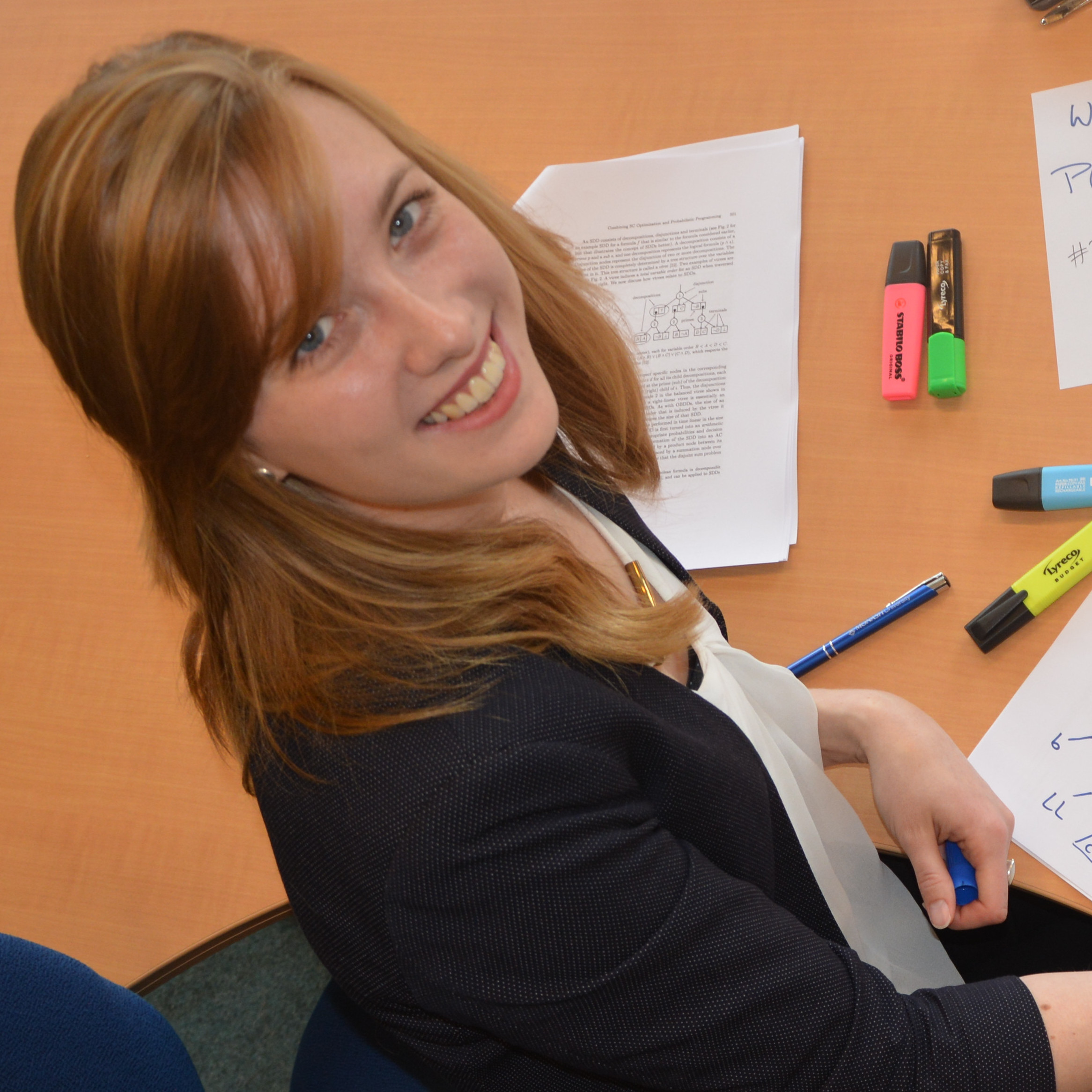In Memoriam: Fahiem Bacchus
Published:
3 minute read
Last weekend, we learned that professor Fahiem Bacchus had passed away. I was, and still am absolutely devastated to hear this news.
Fahiem was an amazing scientist, with an enormous influence in the SAT (Boolean satisfiability) community. He has an impressive list of accomplishments (including being the chair of the SAT Association, being a fellow of the Association for Advancement of Artificial Intelligence (AAAI), and being the recipient of Canadian Artificial Intelligence Association’s Lifetime Achievement Award), and we called him “Mr. MaxSAT”. But to me, Fahiem was more than that. Let me share a few personal memories of him.
A stranger in the night
I met him on a cold and stormy Friday evening (11 August 2017, to be precise), on a pier in St. Kilda, just outside Melbourne, Australia.
I was there with some of my former coworkers from KU Leuven, to watch the penguins come ashore. We’d arrived early, and had asked a local what to expect. He told us to come back in 90 minutes, and then we’d see “thousands of penguins” come up the pier. We went to the pub to warm up a bit, and when we returned 90 minutes later, I was surprised by the lack of people on the pier. Surely, thousands of penguins would attract more of an audience? We looked out at the sea, but it was quite void of any penguin activity.
Then I heard one of the few other freezing people on the pier say to his companions: “If we’re lucky, we might see five or six penguins tonight!”
Sorry. What!?
I turned around and asked the stranger how he knew, and we got to talking. We started out with a discussion of penguin counts, but quite naturally moved on to alien abductions and the apocalypse. It was a pleasant conversation, and after having spotted five penguins, we each went our way.
The next morning I arrived bright and early for my first workshop day of my very first conference: IJCAI 2017. At registration, I bumped into the stranger I had met the night before. I was quite surprised. A little later, I felt rather embarrassed when Fahiem walked on stage for the official opening, and I realised that last night’s stranger was actually the conference chair of IJCAI that year.
A welcoming host and a supportive mentor
It turned out that Fahiem and I had quite some research interests in common. At the time, I was working in a department where people with whom I had research interests in common were pretty scarce. We kept in touch, one thing led to another, and Fahiem invited me to spend a few months with his group at the University of Toronto.
While at UofT, Fahiem taught me much about how to think about algorithms and complexity. Each meeting we had ended with me feeling a bit dumb because I was made more aware of how much I really didn’t know or understand yet. At the same time, I felt honoured that he took the time to talk to me and teach me. I loved the reading groups that he organised. They changed the way in which I read papers from the SAT community. I am a lot more critical now, understand better what is good and what is just air (even though I clearly still have a lot to learn).
I am so grateful for the time I got to spend with him and with his group in Toronto.
Fahiem was so generous. With his time, with his knowledge, with his humour. He will be missed so much by everyone who knew him.

